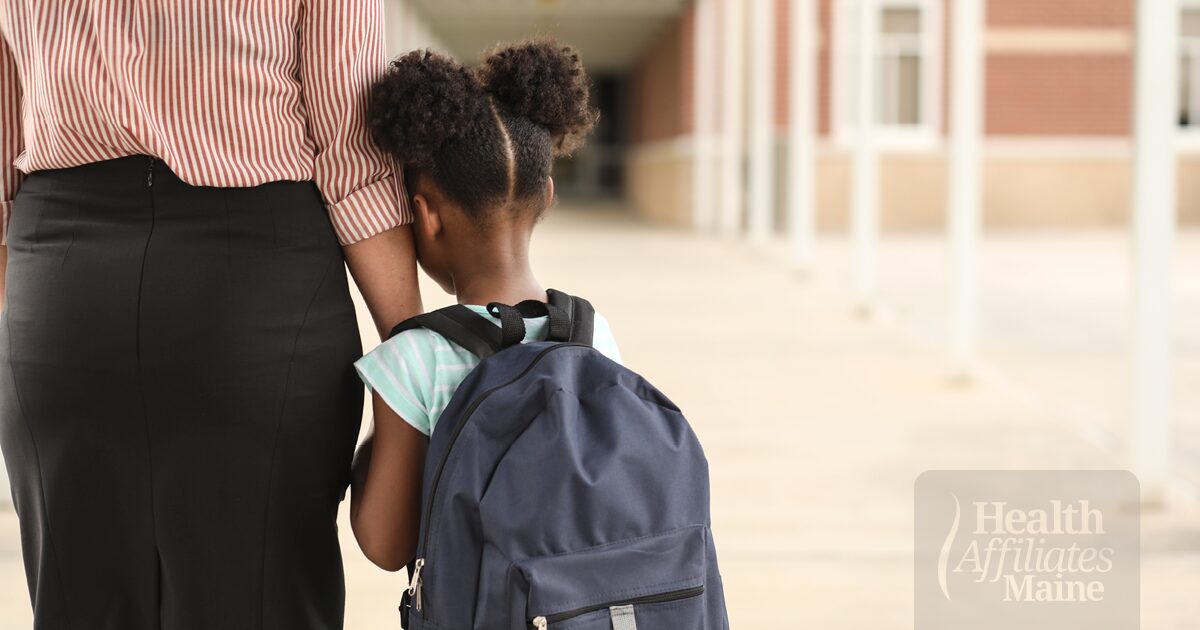As summer comes to a close, parents and students across America start preparing to head back to school. Some students understandably have anxiety about returning to the classroom in light of the school shooting in Uvalde, Texas, and other recent incidents of school shootings. How can we help children who feel anxious about school violence? Let’s look at ways back-to-school anxiety is expressed and examine strategies for helping students with concerns about school violence.
What are Signs of Anxiety in Children?
Anxiety over school shootings has become common in America. Even when children aren’t directly involved in episodes of school violence, they are deeply affected by these traumatic experiences. Exposure to violence can cause learning and behavioral problems in students. Children may feel anxious or fearful, and they may not express the distress they are feeling in a way that adults can easily recognize.
If a child isn’t directly communicating their worries about returning to school, look for symptoms that may indicate anxiety is present. These signs can include:
- Excessive worry
- Seeks constant reassurance from teachers and caregivers
- Avoids school or summer camp
- Sadness/depression
- Withdrawn
- Difficulty enjoying activities that were previously pleasurable
- Irritability/anger
- Argumentative
- Negative thinking patterns
- Hypervigilance
- Difficulty concentrating
- Poor or declining school performance
- Poor appetite
- Headaches
- Nightmares
How Can I Help Anxious Students?
The most important way you can help school-age children coping with anxiety around school violence is to talk to them. Do not avoid the scary topic—that makes it scarier. Ask them what they are thinking and feeling. Listen attentively, and use the information you gather as a basis for how much information they need and can handle, in addition to the child’s age and whether or not they have experienced trauma before.
Children’s concerns and questions tend to be different than adults’. Kids often want to know who is to blame, what could be done to prevent the tragedy, or whether it could happen at their school. Being truthful in your response—while keeping in mind developmental appropriateness—is crucial to building and maintaining trust and open communication with the child.
Validate the child’s feelings. Avoid downplaying their concerns or fears. And keep the conversation going—this is not a one and done talk, and it might be best to handle in smaller doses, especially for younger children. An open-door policy and a continued dialogue encourage children to share their concerns at any time.
Anxious kids also benefit from routines. Keep schedules predictable to the extent you are able. The consistency of their daily routine will help them feel secure and safe.
Limit their exposure to violence. While we want to keep an open, honest dialogue, seeing the same event televised or in the papers repeatedly is not helpful and may in fact be harmful. This can mean developing new household rules to limit screen time or access to newspapers and/or social media, especially after a school shooting or other traumatic event.
For parents, caregivers, and therapists of older kids, such as those in middle school or high school, we can help them convert anxious or angry feelings into plans for action. Older students may find that becoming an advocate for school safety helps them channel their anxiety into action, creating a helpful, healthy coping strategy for dealing with feelings around school violence. Also encourage them to report specific incidents that concern them, such as bullying or threats, and occasionally check in about how they are feeling or what they are experiencing at school.
Finally, as an adult, manage your own anxiety around school shootings. Kids are very adept at picking up on their parents’ fears, which can contribute to increasing the intensity of their own fears. To reassure a child, you need to be taking care of yourself, too. Ensure you have another adult to talk to about how you feel, de-stress, and engage in regular acts of self-care. When you model healthy ways to cope with stress and fear, children will learn from that behavior. Ultimately, we want to teach children skills for self-soothing and effective, lifelong coping mechanisms in dealing with stressful events to develop their resiliency for all they might encounter.




